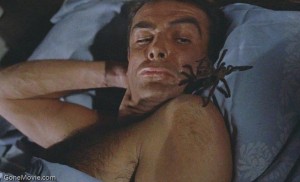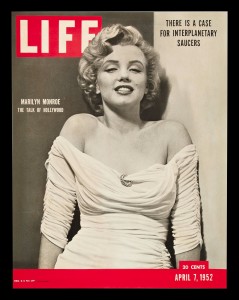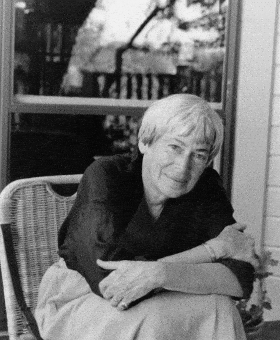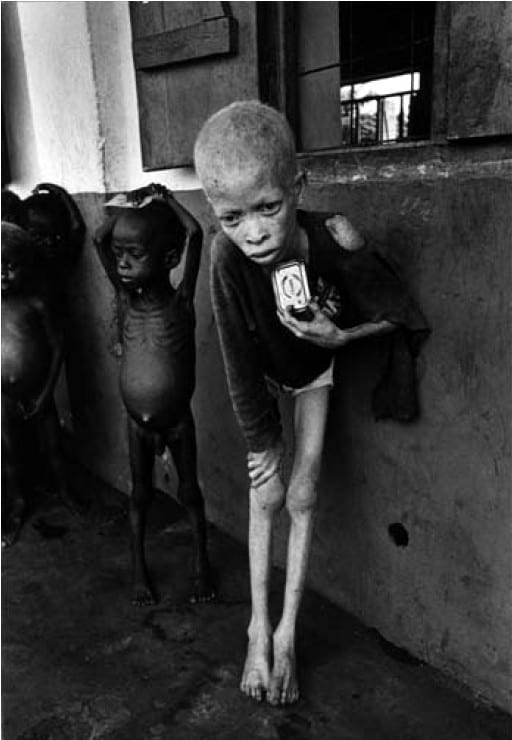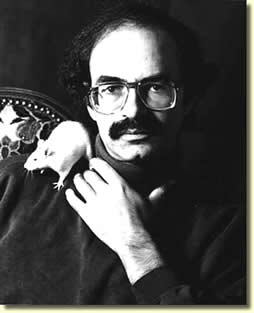This is the video of a talk I gave at the Royal Society of the Arts, which describes six ways to expand our empathic potential, drawing on everything from the empathy experiments of George Orwell to developments in industrial design, from the struggle against slavery in the eighteenth century to the Middle East crisis today. Discover why the 21st century needs to become the Age of Outrospection.
The full version of this talk is available as a podcast.
The ideas in this talk are discussed in my new book Empathy: Why It Matters, and How to Get It.
I published an article summarising some of these ideas at the Greater Good Science Center.
